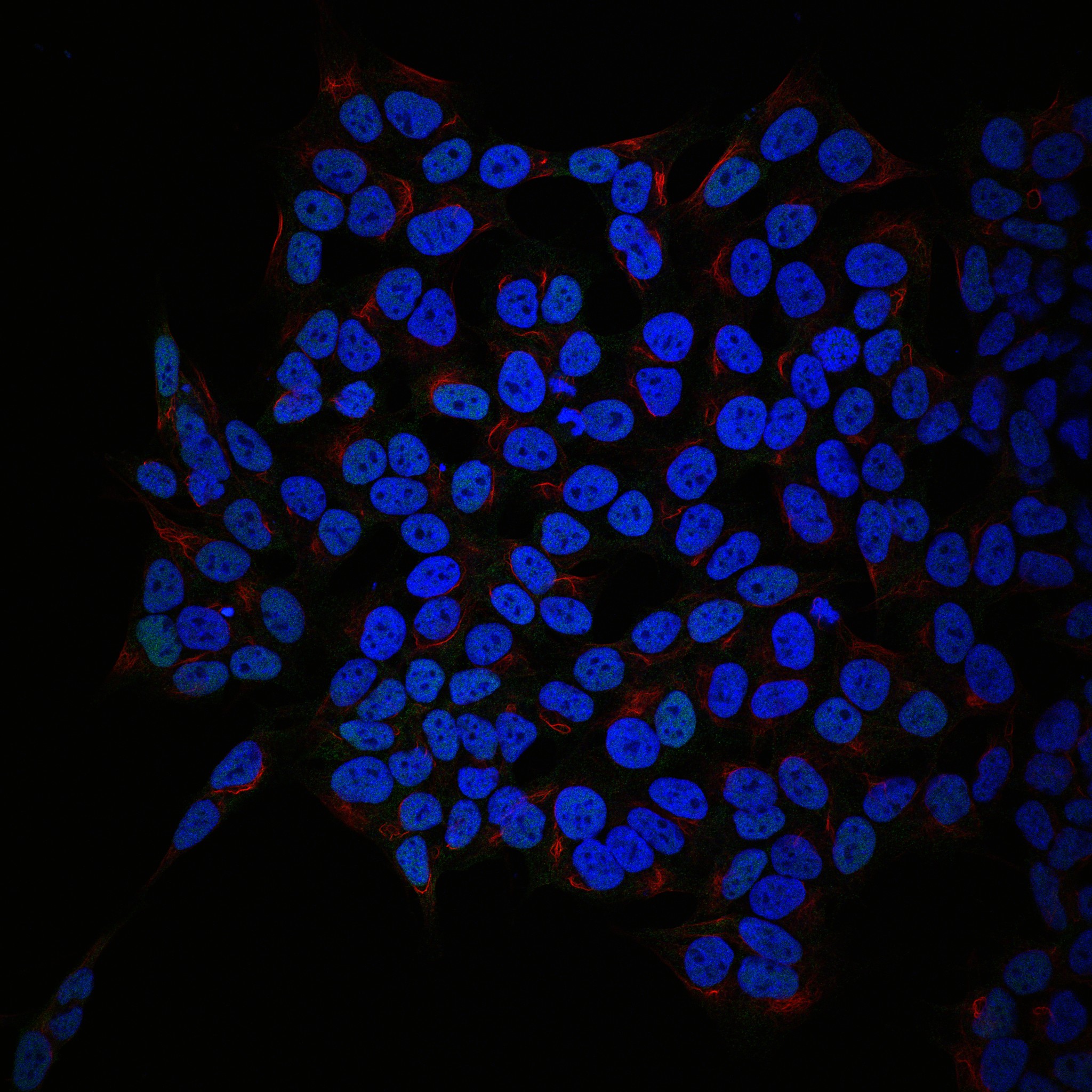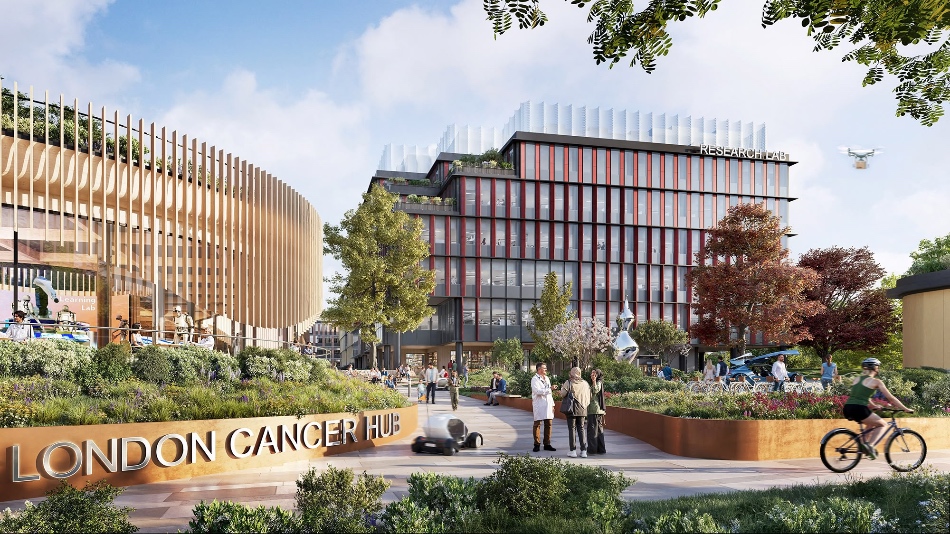Magnetic Resonance Image Guided Radiotherapy (MRIgRT) course
Key information
Next course dates
Monday 21 to Tuesday 22 September 2026.
Location
BLB Sutton, SM2 5PT
See Sutton map at the bottom of our contacts page.
This course is organised by The Royal Marsden NHS Foundation Trust and The Institute of Cancer Research, London.
Course outline
An opportunity to broaden your understanding of the capabilities and potential of MRI guidance in radiotherapy planning and treatment verification. We invite you to join us to hear from leading practitioners in the field, develop skills and share knowledge with other professionals involved in MRI in radiotherapy.
This two day course aims to improve understanding of MRIgRT, focusing on the knowledge and skills required to support current and future needs in radiotherapy.
The development of MRI in radiotherapy planning involves close communication with radiology and radiotherapy professionals. This course is aimed at all professionals involved in or interested in MRI for radiotherapy, including radiographers, physicists and clinicians.
Course Organisers: Professor Helen McNair, Ms Erica Scurr, Dr Shaista Hafeez, Miss Trina Herbert, and Professor Uwe Oelfke
"Great overall knowledge for all professions interested in MRI - extremely informative."
– Therapeutic Radiographer and course attendee
Course overview
The course will include taught and practical workshops to:
- Improve understanding of the basic principles of MRI
- Build foundation skills to support the increase in demand for MRI simulation
- Develop practical skills
- Learn about current clinical pathways and the latest research developments
The practical demonstrations will include:
- MR simulation, image acquisition and interpretation, RT set up and safety.
- Sequence and parameter manipulation
- Adaptive workflow on the MR Linac
Provisional lecture list
- The clinical need for MR in radiotherapy
- Image contrast, Resolution and Factors affecting signal-to-noise
- MR Simulation
- MR planning workflow
- MR-CT fusion planning
- Image fusion and dosimetry
- Safety considerations
- Regional MR in RT – Pelvis,
- Regional MR in RT, Abdomen (liver and pancreas)
- Regional MR in RT, Breast
- Managing motion (4D)
- MR in Brachytherapy
- MR Linac QA
- Diffusion Weighted Imaging (DWI) principles and applications
- Functional imaging
Previous comments from attendees
“I have now significantly more knowledge of potential for MRI in radiotherapy, its benefits and drawbacks.” – Clinical Oncologist
“MRI in radiotherapy planning is a lot more complicated than I thought. Highlighted that we would be crazy to do more MRI without an MRI physicist in the trust.” – Radiotherapy Physicist
“Excellent overview of MRI and how it is and will be used in the future.” – Radiotherapy Physicist
“Collaboration between diagnostic and Therapy radiographers is vital in MR planning.” – Therapeutic Radiographer


Accommodation
Accommodation is available in local hotels, details can be supplied upon request.
Further information
For further details on up to date course content call +44 (0)20 8661 3704 or email Cheryl Taylor.
Latest ICR News

New research reveals how subtle genetic differences shape neuroblastoma behaviour

New study shows promise for more reliable imaging of an important tumour characteristic

ICR appoints global business leader as new Trustee
